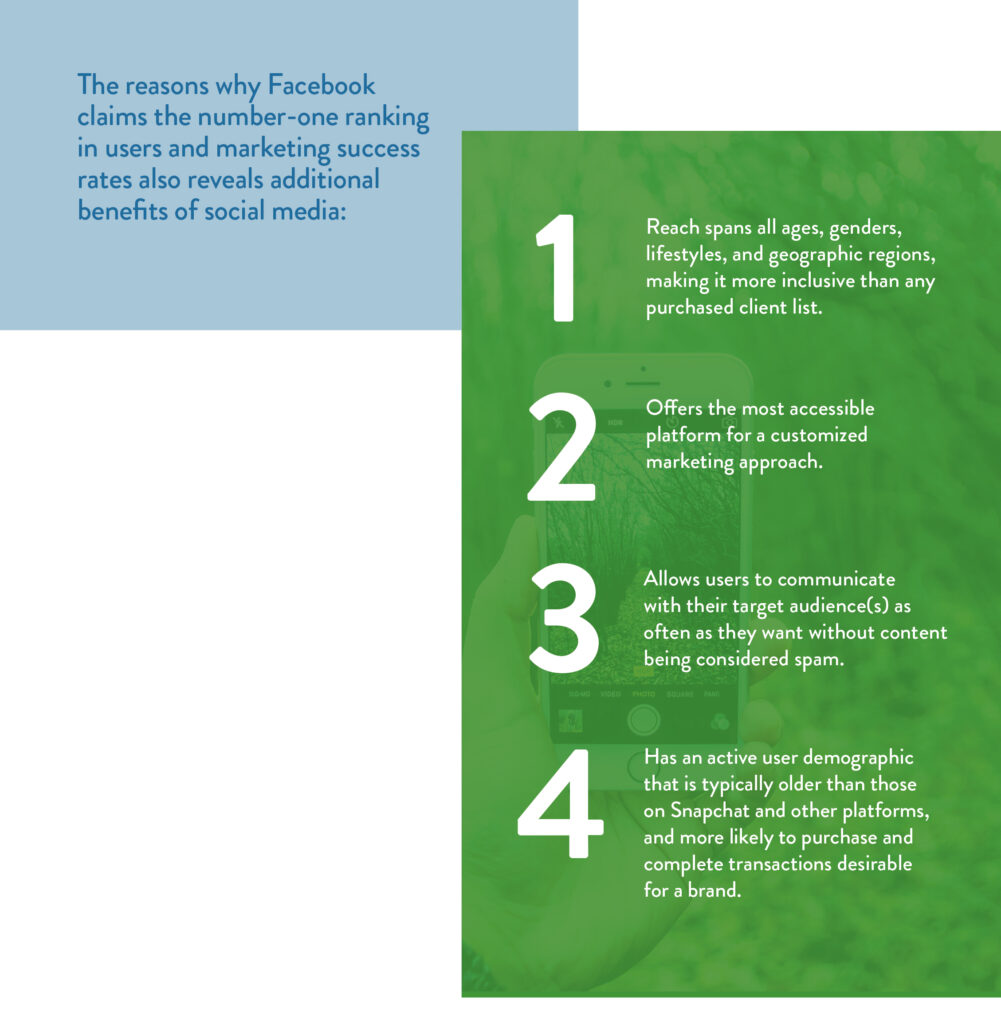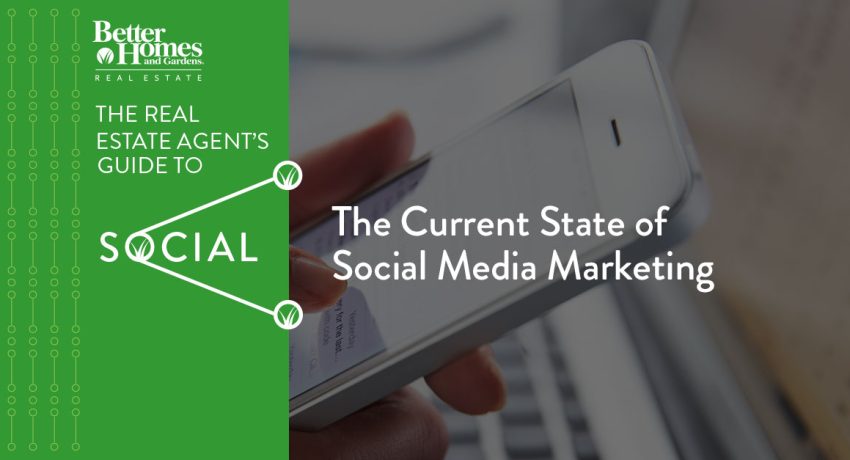Social media has made and continues to make an indelible impact across all industries. Low barriers to entry, cost-effectiveness, and multiple paths to desired audiences are only a few of the factors that have transformed a once complex and intimidating experience into an approachable, engaging, and irreplaceable business and networking resource.
The questions real estate professionals typically have when using social media to their advantage are how to begin, how to build, and where to focus. The Impact of Social Media in Real Estate survey reveals that more than 87 percent of respondents are using social media for their businesses and for a variety of different purposes:

Despite the fact that a majority of survey respondents report they understand social media opportunities, a review of over 100 social profiles indicates that many fail to consistently deliver on the fundamental steps needed to harness social media’s full potential. While this appears to leave a gap in the amount of successful agent social endeavors, The Real Estate Agent’s Guide to Social Media whitepaper, available for download at the link below, will lay out reasons, examples, and guidelines needed to reach that potential.
To help guide you on your path to empowerment, we have created a social media approach and identified top line success strategies that offer:
- A mechanism to assess your current social media capabilities.
- Recommendations that improve social media results at your specific user level and allow your progression to a more advanced level.
- Typical time and financial resource allocations required at each user level and the results you can expect to receive at each level.
Social Media as a Pillar of Your Marketing Strategy
Social media is more than a one-dimensional feature of your marketing strategy. It is a multi-platform marketing resource.
[easy-tweet tweet=”Social media is more than a one-dimensional feature of your marketing strategy.” via=”no” hashtags=”BHGRE” url=”http://bit.ly/2h4kVzL” template=”light”]
To understand social media’s influential role as a marketing strategy, you need to look no further than the agendas of some of the country’s most highly acclaimed and widely attended conferences and training centers, including Icon, the national small-business conference. Additionally, a 2015 review of Inman News and RISMedia, two of the leading real estate industry news outlets, reveals that nearly 20 percent of all content—from client relations and business planning to recruitment and self-promotion—was focused on social media marketing. When you review the cross-section of industry conferences, you can see now that social media is infused throughout into every section of education, from lead generation to digital strategy to networking, accounting, and beyond. In fact, every major conference now includes social media as a backbone to its agenda, including South by Southwest and Better Homes and Gardens® Real Estates’ own annual Agent Retreats and Fusion conferences.
Why is social media such a recognized mainstay? The benefits are wide, powerful, and not likely to fade soon.
The Benefits of Social Media Marketing
Facebook-focused research on brand marketing opportunities identified the following social media benefits:
Top-ranked advertising forum (for those with a business page). Facebook grew to become the number-one display ad-selling company and the number-one video ad-selling company in less than one year. The company is also projected to receive 31 percent of US advertisers’ business in 2016 and continually grow in both relevance and reach.
Go-to destination for small business clients, such as real estate agents and brokerages. Seventy-three percent of US consumers expect to find small businesses on Facebook and many may choose a company to work with based on their presence and availability.
Genuine business builder. People who show their support on social media, from liking a page to following an individual, are more likely to become, and remain, clients. In fact, more than one-half of all US consumers on Facebook and Twitter are more likely to work with and purchase from brands they follow on social media.
Proven lead generator. Facebook is a powerful lead generator, equaling Google in driving the most traffic to websites. A recent study found that on average, 43 percent of web traffic is now generated from social media, with Facebook being the largest driver, while Google drove 38 percent.

Social media platforms also offer advertising resources, allowing users to create and launch efficient, cost-effective marketing campaigns.
To find the guidelines for taking advantage of social media resources, download The Real Estate Agent’s Guide to Social Media whitepaper here.








